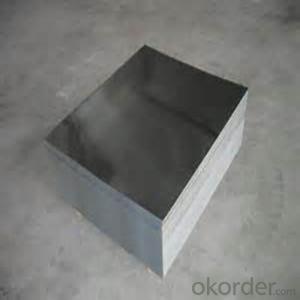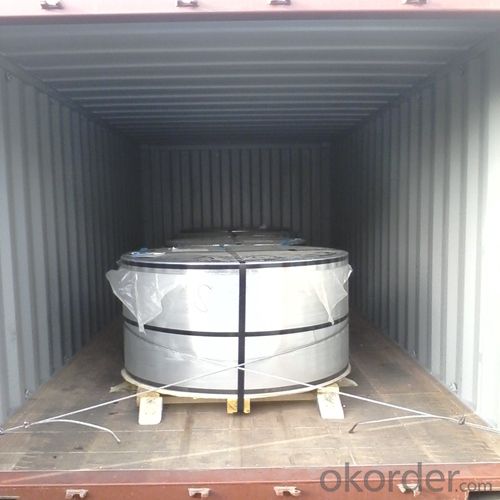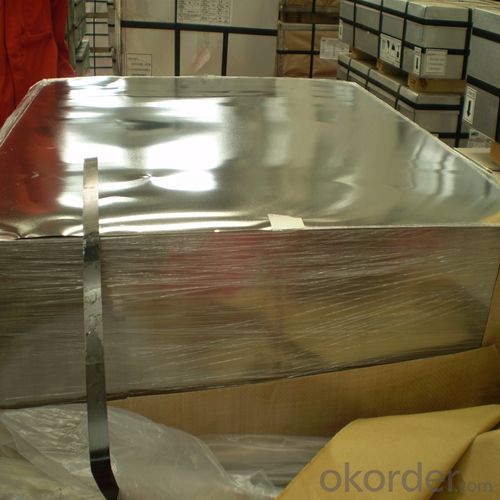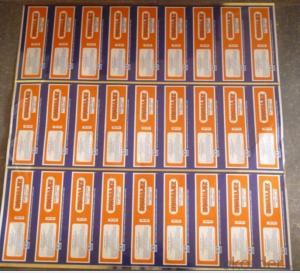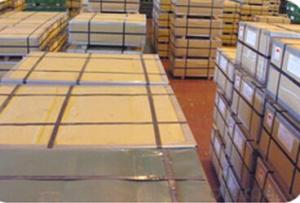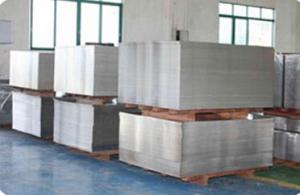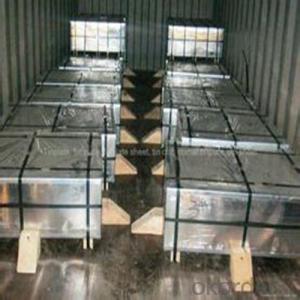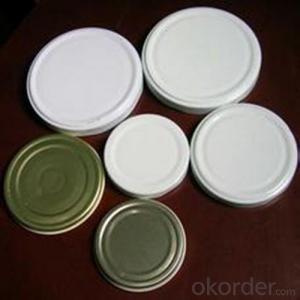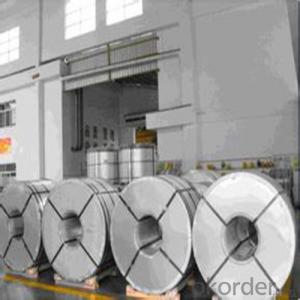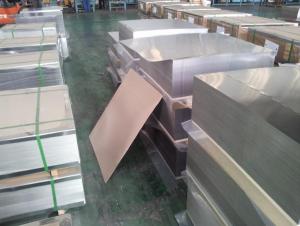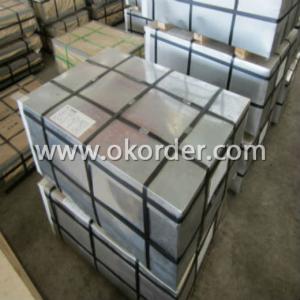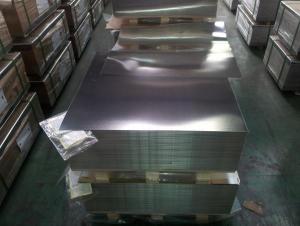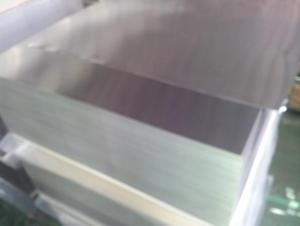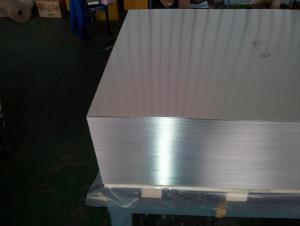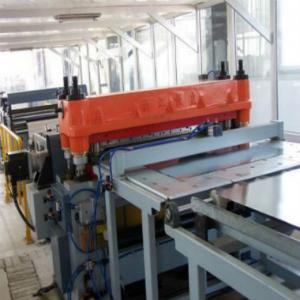Prime Quality TFS for Crown Caps Industry
- Loading Port:
- Shanghai
- Payment Terms:
- TT OR LC
- Min Order Qty:
- 25 m.t.
- Supply Capability:
- 25000 m.t./month
OKorder Service Pledge
OKorder Financial Service
You Might Also Like
Specification
1.Structure of Prime Quality TFS for Crown Caps Industry Description
Tin Free Steel (TFS) is thin black plate with two coats; one of metal chrome film and the other of chromium oxide. TFS is ideal for the manufacturing of crowns, container ends & shallow drawn cans etc. TFS is also known as Chromium coated steel.
2.Main Features of the Prime Quality TFS for Crown Caps Industry
Corrosion Resistant
Easier to recycle
Sulphur Blackening Resistance: TFS has sulphur resistance properties, which can be used for canning protein- rich food such as fish.
Filiform Rust Resistance: Filiform is superficial corrosion of the base metal. TFS has a superior base metal which makes it corrosion resistance.
Coating: The coating in TFS is not amphoteric (having the characteristic of an acid and a base, is a compound that can react as either an acid or a base). This means that detergents and dispersion colors can be packed easily.
Paint Adhesion : TFS possesses better paint adhesion properties, thus making it ideal for DRD cans and adhesive bonded cans.
Internal Coating / Lacquering can be avoided in the case of TFS used to store motor oil or cooking oil.
3.Prime Quality TFS for Crown Caps Industry Images
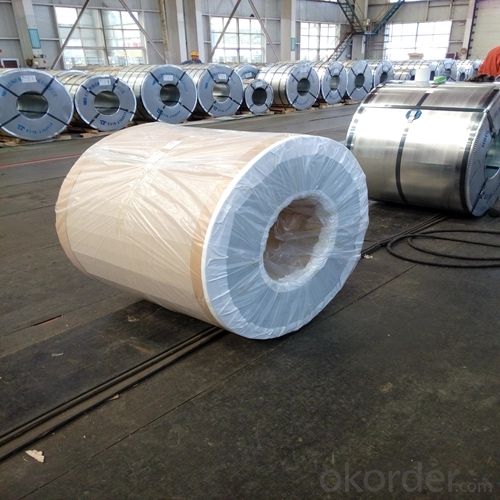
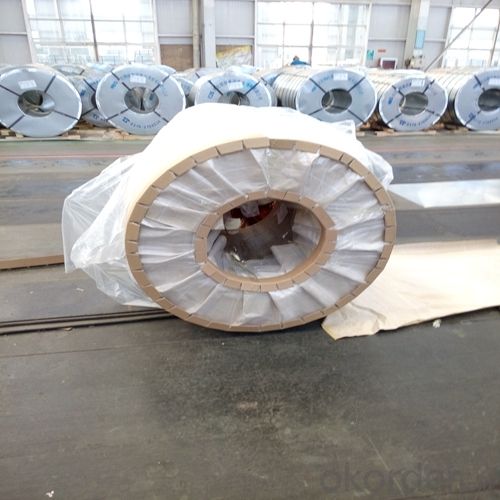
4.Prime Quality TFS for Crown Caps Industry Specification
Thickness 0.14mm to 0.35mm
Width 500mm to 1200mm
Length : As per customers specification
Temper : T1 to T5, DR 7 to DR 9
5.FAQ of Prime Quality TFS for Crown Caps Industry
-What is MOQ?
Our MOQ would be 25 tons.
- Do you only have prime quality TFS ?
We can supply both prime and second quality TFS.
- Q: Can tinplate be used for packaging of hazardous materials?
- Yes, tinplate can be used for packaging of hazardous materials. Tinplate is known for its high corrosion resistance, durability, and ability to withstand extreme temperatures. These properties make it suitable for packaging materials that may pose a risk to human health or the environment. Additionally, tinplate can be coated or lined with appropriate materials to provide an extra layer of protection and prevent any leakage or interaction between the hazardous material and the packaging.
- Q: What are the main factors influencing the price of tinplate?
- The main factors influencing the price of tinplate include the cost of raw materials, particularly tin and steel, as well as supply and demand dynamics in the market. Other factors such as production and manufacturing costs, fluctuations in currency exchange rates, and global economic conditions can also impact tinplate prices. Additionally, government policies and regulations related to trade, tariffs, and environmental standards can influence the price of tinplate.
- Q: Can tinplate be used for promotional and gift items?
- Yes, tinplate can be used for promotional and gift items. It is a versatile material that can be easily customized and printed on, making it ideal for creating unique and eye-catching promotional merchandise or personalized gifts. Tinplate items such as tin boxes, tin cans, or tin signs can be branded with logos, messages, or designs, making them an excellent choice for promotional and gift purposes.
- Q: How is tinplate manufactured?
- Tinplate is manufactured through a process called electroplating, where a thin layer of tin is applied onto a base metal, usually steel. The steel is first cleaned and then immersed into an electrolyte solution containing tin ions. An electric current is then passed through the solution, causing tin ions to be attracted and deposited onto the steel surface, forming a layer of tin. This tin coating provides the steel with corrosion resistance and enhances its appearance, making it suitable for various applications such as food and beverage packaging.
- Q: What are the different sizes and shapes of tinplate packaging available?
- Tinplate packaging comes in various sizes and shapes to cater to different product requirements. Some common sizes include rectangular tins, round tins, and square tins. These sizes can range from small, pocket-sized tins to larger ones suitable for bulk packaging. Additionally, tinplate packaging can also be customized to specific shapes and dimensions, allowing for unique and eye-catching designs.
- Q: How does tinplate contribute to the convenience of pet care products?
- Tinplate contributes to the convenience of pet care products by providing a durable and lightweight packaging solution that helps to preserve the quality and freshness of the products. It is easy to handle and store, making it convenient for pet owners to use and transport the products. Additionally, tinplate packaging is resistant to corrosion and can be easily recycled, promoting sustainability in the pet care industry.
- Q: Can tinplate be used for packaging personal care products?
- Yes, tinplate can be used for packaging personal care products. Tinplate is a commonly used material in the packaging industry due to its durability, corrosion resistance, and ability to maintain product quality and freshness. Its versatility makes it suitable for various types of products, including personal care items.
- Q: How is tinplate coated for signage?
- Tinplate for signage is typically coated through a process known as electroplating, where a thin layer of metal, such as tin or chromium, is deposited onto the surface of the tinplate. This coating not only enhances the visual appeal of the signage but also provides protection against corrosion and improves its durability.
- Q: How long does tinplate take to corrode?
- The rate at which tinplate corrodes depends on various factors such as environmental conditions, exposure to moisture, and the presence of corrosive agents. Generally, tinplate is known for its excellent resistance to corrosion, and it can take several years or even decades before any significant corrosion occurs. However, it is important to note that the protective tin coating can wear off over time, making the underlying steel susceptible to corrosion. Regular maintenance and proper storage can help prolong the lifespan of tinplate and prevent corrosion.
- Q: What is the thickness range of tinplate?
- The thickness range of tinplate typically varies from 0.13mm to 0.50mm.
Send your message to us
Prime Quality TFS for Crown Caps Industry
- Loading Port:
- Shanghai
- Payment Terms:
- TT OR LC
- Min Order Qty:
- 25 m.t.
- Supply Capability:
- 25000 m.t./month
OKorder Service Pledge
OKorder Financial Service
Similar products
Hot products
Hot Searches
Related keywords
